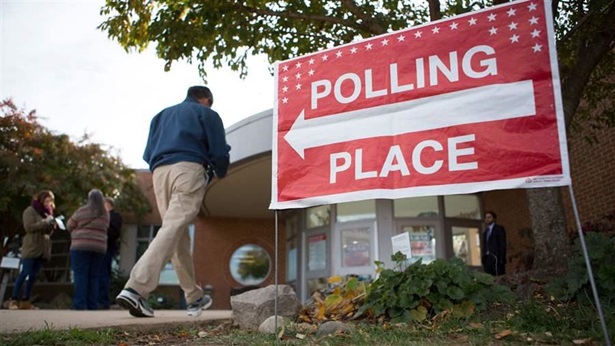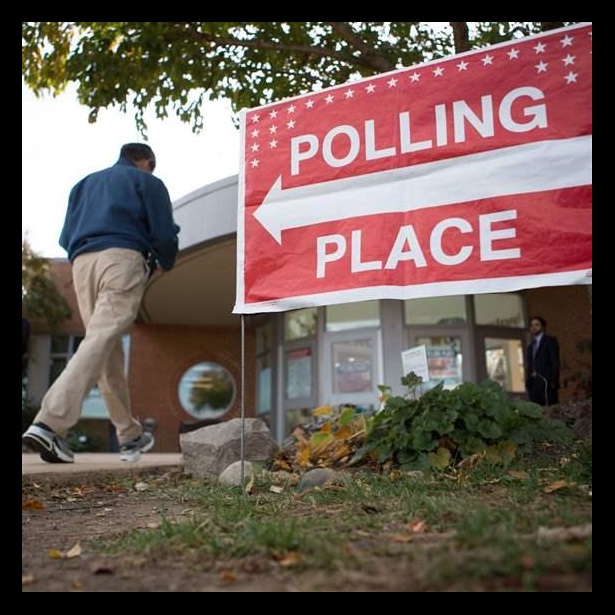Early Voting and Other Election Day Alternatives Gain Popularity
Election Day is less than 100 days away, and many voters will soon be receiving their ballots in the mail or casting early ballots. Data from multiple editions of the Survey of the Performance of American Elections show that a growing number of voters are embracing these alternatives to traditional precinct voting.
In the 2014 general election:
- 41 percent of voters cast their ballots before Election Day, up from 39 percent in 2012 and 37 percent in 2008.
- In 15 states, a majority of votes were cast before Election Day, up from 14 in 2012 and 11 in 2008.
- Most of the growth in pre-Election Day voting has been fueled by an increase in mail voting, which rose from 19 percent of ballots cast in 2008 to 25 percent in 2014.
Voters who plan to cast their ballots early or by mail this year should pay close attention to the rules and deadlines set by their states:
- 37 states and the District of Columbia offer early voting, but the hours and days of availability vary.
- 27 states and the District of Columbia allow no-excuse absentee voting, while other states require justification.
In addition, many jurisdictions require that an absentee ballot request be received at least one week before Election Day, and voters should make sure their ballot is returned in time to be processed and counted.
Information on state-by-state requirements can be found at Rock the Vote.
Alexis Schuler is the senior director and Kyle Ueyama is a research associate for election initiatives at The Pew Charitable Trusts.
Follow us on Twitter using #electiondata and get the latest data dispatches, research, and news by subscribing today.








